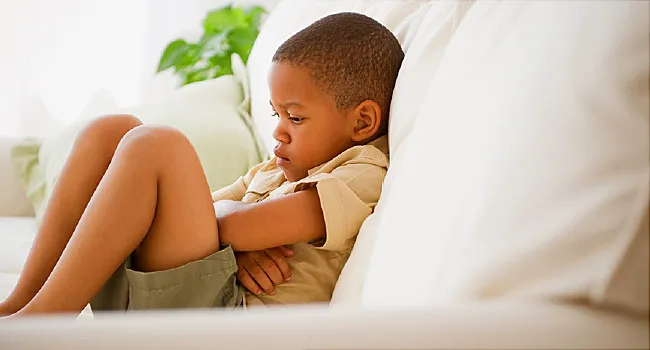In early November 2018, the AAP announced its first spanking recommendation in 2 decades. The updated policy statement strengthened its earlier call to ban corporal punishment and says spanking as a form of discipline harms children physically and mentally, in how they perform in school and interact with other children.
------
Robbyn Peters Bennett, a licensed professional counselor and early childhood trauma specialist in Portland, OR, founded a group called StopSpanking.org in 2012. She says medical research clearly shows spanking has health effects that are similar to those from abuse and neglect.
Bennett says research clearly shows spanking not only damages the parent/child relationship by instilling fear, it also impairs a child’s brain and puts it in a state of defense, which isn’t healthy.
“If you feel safe with your parent, then your whole system is much calmer and your body operates in a very different way,” Bennett says “But if a child is in a state of arousal by threatening, shaming, or hitting, you are influencing their brain to be more reactive. They will see a threat when it’s not there because their brain is being developed to be prepared for a threat.”
https://www.webmd.com/children...hurts-kids-long-term
Join the growing movement to end the hitting of children!
APSAC, NY Foundling Institute, the US Alliance to End the Hitting of Children, and StopSpanking.org are launching an effort to grow the movement to end spanking.
"A Million Voices Will End Spanking! Speak Up and Join Us!"
https://usalliancetoendthehitt...ebsite/?pageId=18079





Comments (6)